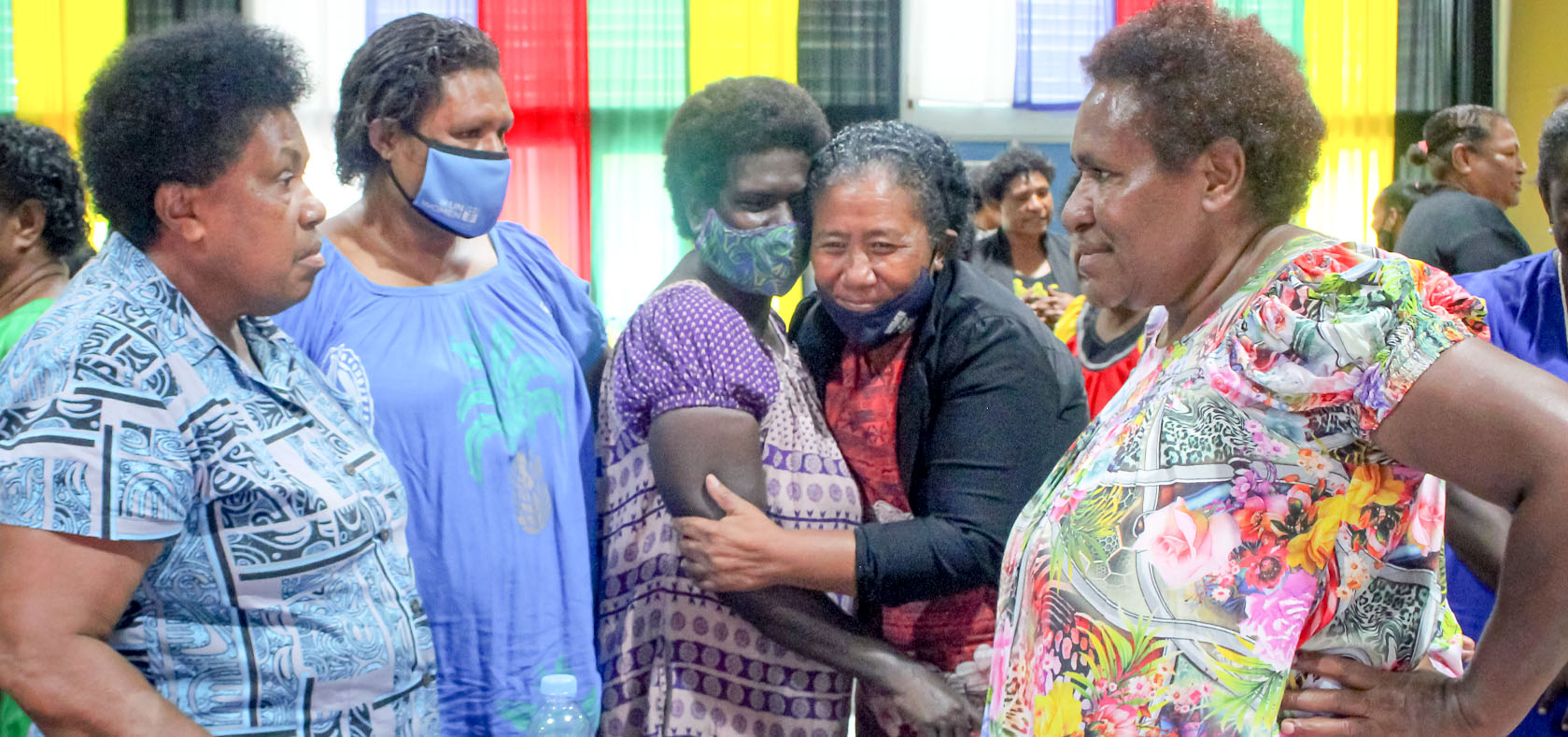UN Women supports training for new group of female politicians in Papua New Guinea
Date:
Author: Aidah Nanyonjo

Port Moresby, Papua New Guinea — To help fix the acute gender disparity in national political leadership in Papua New Guinea, UN Women is supporting training of a second group of female local politicians so they can rise up in the ranks.
Politicians of district and provincial governments are being trained at the Political Academy for Women, which UN Women started last December in partnership with the Pacific Institute of Leadership and Governance. The Governments of Australia and New Zealand fund the project.
The first group, of 19 politicians, completed the training in April. The second group, of 20 politicians, started the training on 16 May with sessions on leadership and governance.
During 17-18 February in Port Moresby, the first group participated in mentoring sessions with 13 former and current politicians and political party leaders. The mentors included three men.
In leading one of the sessions, Dame Carol Kidu, former Minister and the country’s longest-serving female Member of Parliament, encouraged the group to work with men as allies as they seek to advance their political careers.
“It is important to see our male counterparts as partners in development,” she said. “If you find one opposing your ideas on gender equality, walk to another one and get him to see and understand your view.”
UN Women’s Country Representative, Themba Kalua, said male mentors were sought out for the training “because partnership and support from male champions is so important for achieving gender equality”.
“With this kind of arrangement, we shall not continue to say that out of 111 Members of Parliament, there is no single woman, and no single female Minister,” Kalua said. “We want you to succeed so that one day, you will also be mentoring other women.”
The Chief Executive Officer of the Pacific Institute of Leadership and Governance, Michael Barobe, said the mentorship complemented the leadership training the female politicians had received and will help them get exposure to political issues and challenges at the national level.